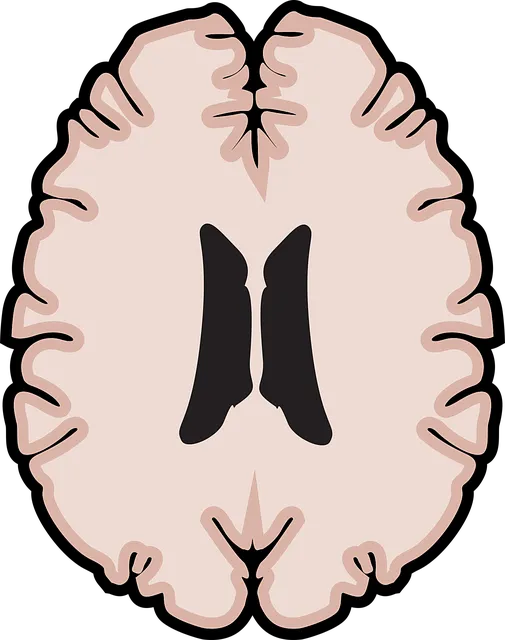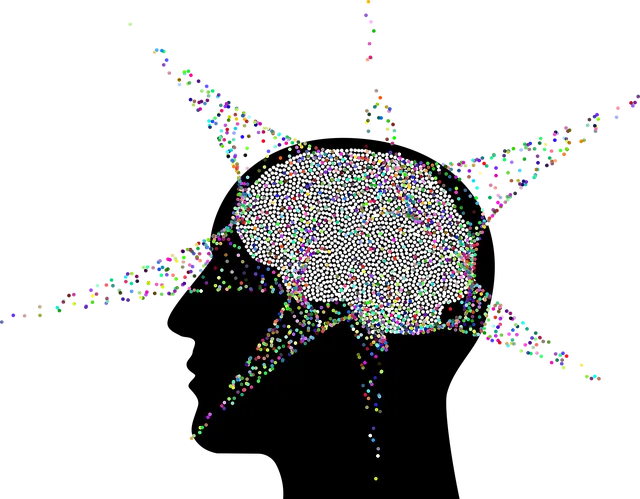Wheat Ridge Kaiser Permanente's mental health services face complex diagnosis challenges due to multifaceted mental health conditions and individual variations in symptoms. They combat misdiagnosis and delayed diagnosis with comprehensive assessments, public education campaigns, specialized programs like Inner Strength Development, and evidence-based solutions for healthcare providers. Their holistic approach, including Self-Care Practices and Community Outreach, aims to improve diagnostic accuracy and patient outcomes, addressing the current methods' drawbacks of imprecise patient self-reporting and biased diagnoses.
Mental illness diagnosis accuracy is a critical aspect of patient care, yet challenges like subjective symptoms, complex presentations, and limited tools pose significant obstacles. The current state highlights the impact on treatment outcomes, prompting a need for improvement. One leader in this effort is Wheat Ridge Kaiser Permanente, renowned for its advanced mental health services and resources. This article explores their innovative approach, focusing on enhanced assessment techniques, technology integration, and professional training. Additionally, it delves into future directions, including AI, patient feedback, and continuous quality improvement, aiming to revolutionize diagnosis accuracy with a focus on the Wheat Ridge Kaiser Permanente model.
- The Current State of Mental Illness Diagnosis Accuracy
- – Overview of challenges in diagnosing mental health conditions
- – Limitations of current assessment methods and tools
The Current State of Mental Illness Diagnosis Accuracy

The current state of mental illness diagnosis accuracy is a complex and concerning issue within the healthcare system. Despite advancements in research and an increasing array of assessment tools, misdiagnosis or delayed diagnosis remains prevalent. This is partly due to the multifaceted nature of mental health conditions, which often present with overlapping symptoms. For instance, what may seem like anxiety could be indicative of depression or even a trauma-related disorder. The challenge is further compounded by the diverse range of mental illnesses and the unique ways they manifest in individuals.
Wheat Ridge Kaiser Permanente’s mental health services have recognized these challenges and implemented various initiatives to improve diagnosis accuracy. They offer comprehensive assessments, including Social Skills Training and Mental Wellness Journaling Exercise Guidance, which aid in pinpointing specific conditions. Additionally, they’ve initiated Public Awareness Campaigns Development to educate the public about mental illness, its symptoms, and available treatments, fostering a more informed environment for accurate identification and support.
– Overview of challenges in diagnosing mental health conditions

Diagnosing mental health conditions can be a complex and challenging task, with various factors contributing to potential inaccuracies. One of the primary hurdles is the vast array of symptoms associated with numerous disorders, often leading to misdiagnosis or delayed treatment. Additionally, mental illness manifestations can vary greatly from person to person, making it difficult for healthcare providers to apply universal assessment standards. The complexity of the human mind and its ability to manifest conditions in unique ways further complicates the process.
Wheat Ridge Kaiser Permanente’s mental health services play a pivotal role in addressing these challenges. They offer specialized programs like the Inner Strength Development initiative, which focuses on empowering individuals with coping strategies and resilience-building techniques. Furthermore, their Community Outreach Programs aim to bridge the gap between care and those who may be hesitant to seek help. By combining advanced assessment tools with holistic approaches, including Self-Care Practices, Kaiser Permanente strives to enhance diagnosis accuracy and ultimately improve patient outcomes.
– Limitations of current assessment methods and tools

The current assessment methods and tools used to diagnose mental illnesses have several limitations. Many traditional techniques rely heavily on patient self-reporting, which can be influenced by factors like social desirability or difficulty in articulating symptoms. Additionally, healthcare providers often face challenges in accurately interpreting this information due to the complex nature of mental health conditions and the wide range of presenting symptoms. This imprecision can lead to misdiagnoses or underdiagnosis, impacting patient care and treatment outcomes.
Wheat Ridge Kaiser Permanente’s mental health services, for instance, highlights the need for more effective assessment strategies. By incorporating innovative approaches such as evidence-based Mental Health Education Programs Design and Burnout Prevention Strategies for Healthcare Providers, they aim to enhance diagnostic accuracy. Furthermore, implementing Communication Strategies can facilitate better patient-provider interactions, ensuring that symptoms are accurately assessed and understood within the nuanced context of each individual’s experience.
Mental illness diagnosis accuracy has been a persistent challenge within healthcare, particularly in primary care settings. The current state of affairs highlights the need for enhanced assessment methods and tools. By leveraging advanced technologies and integrating innovative practices, such as those employed by Wheat Ridge Kaiser Permanente’s mental health services, we can significantly improve diagnostic accuracy. These efforts not only lead to more effective treatment plans but also foster better patient outcomes and overall well-being.



